Why is pool shock so expensive? Experts warn it could be a 'lingering effect of the pandemic' – but there is a way to save money
Pool shock is more expensive than ever, so I spoke to two experts about why – and how to save a little money
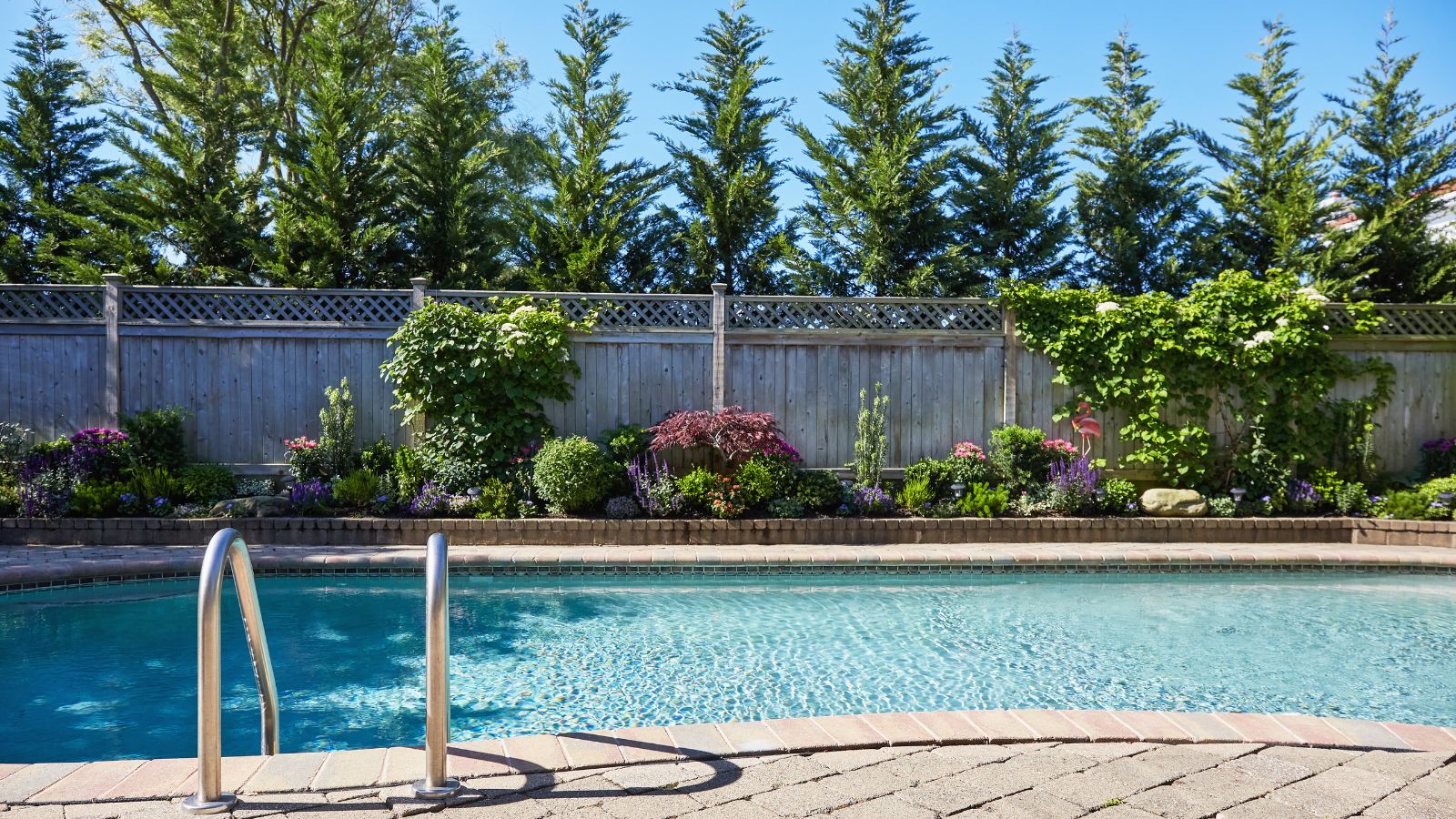

If you're new to pool ownership, you may be surprised at how expensive it is to keep your pool running. The annual cost of pool maintenance can reach $1000, which seems like a lot to spend on a little chlorine.
On top of that, more seasoned pool owners will know that prices were lower before the pandemic. So what gives?
I spoke to two pool experts about what's happened to the prices and whether or not there's any way around the current high prices.
Why is pool shock so expensive?
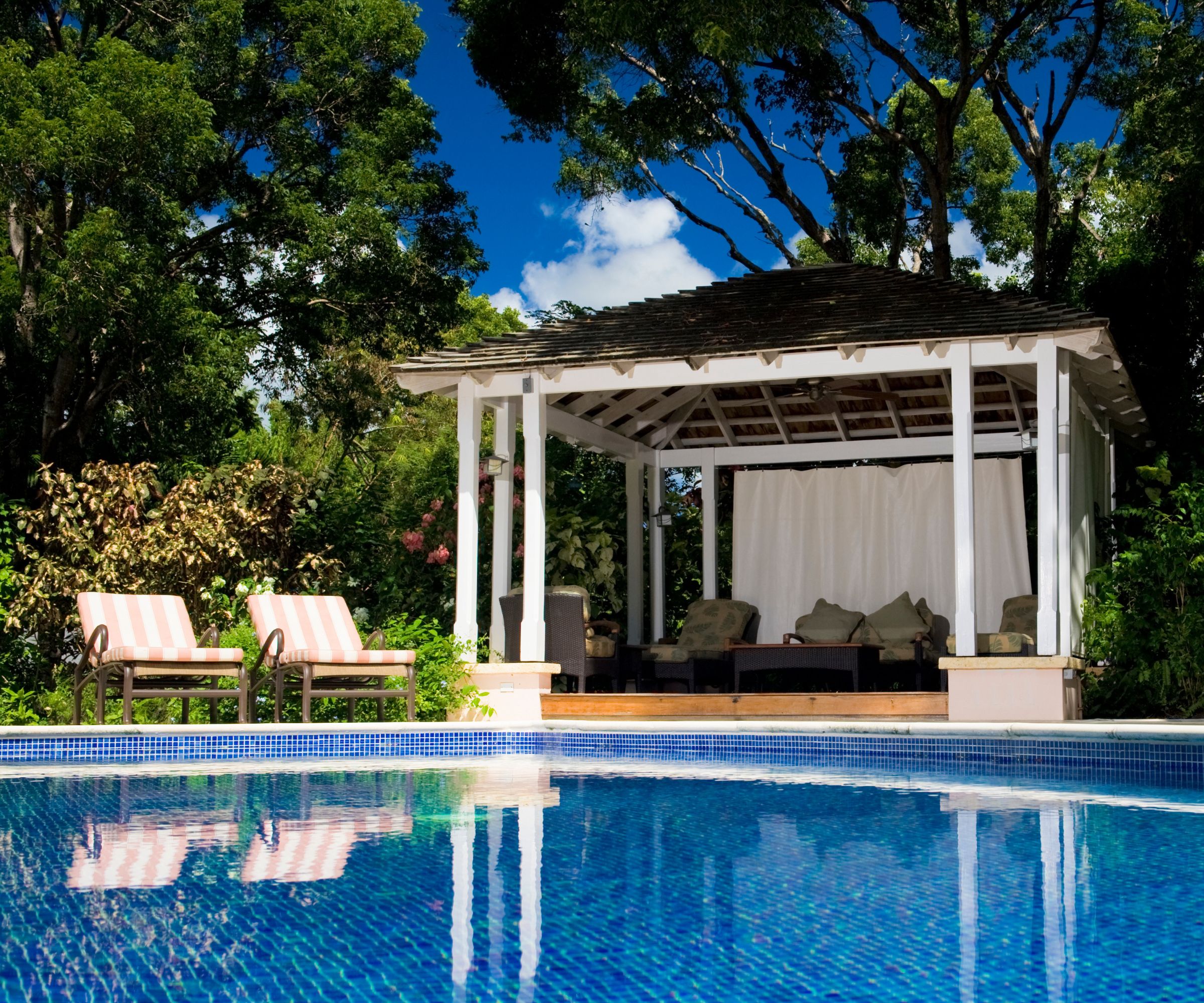
Pool shock prices are high because demand has yet to catch up with supply. Pool expert Rafi Friedman told me that 'high prices are a lingering effect of the pandemic.
'Back in 2020, people had a lot of time on their hands, they were stuck at home, and many of them had extra income from various government assistance programs,' he explains. 'They also couldn't spend that money on things like vacations. This created a perfect storm of pool demand.'
However, chlorine manufacturing has not caught up to this demand. Pool expert John Uhle told me that 'Ongoing supply chain disruptions from the COVID-19 pandemic, including plant shutdowns and logistical challenges, continue to impact availability. Major incidents, such as a fire at a Louisiana chlorine plant in 2020 and another fire in New Jersey in 2022 have exacerbated supply issues. Additionally, inflation has driven up production costs.
On top of that, there are seasonal fluctuations in price. John told me that 'Every year during peak season, demand for pool shock rises. In peak seasons, all products are typically more expensive to buy as many retailers raise prices.' The result is that pool chlorine and shock now cost more money.
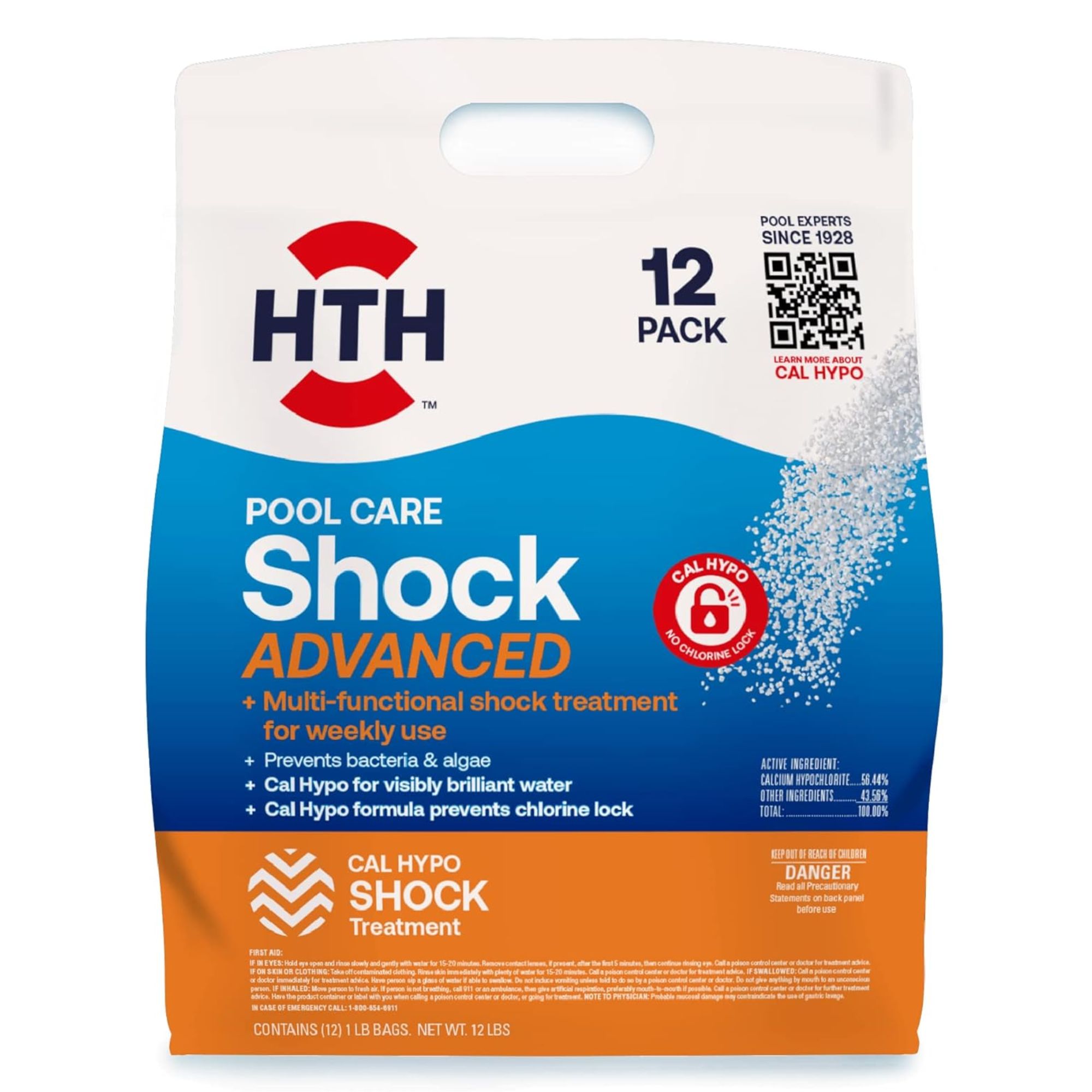
Buying pool shock like this from a big retailer like Amazon is often much cheaper than buying it from a pool store.

Rafi Friedman is the president of Coastal Luxury Outdoors, a pool building, construction, and cleaning company based in Florida. Coastal Luxury Outdoors provides a five-star service to over 1,000 clients, building more than 100 pools annually.

John Uhle is a founding partner and product expert at Discount Salt Pool. John has personally worked with tens of thousands of pool owners over the last decade to achieve a low-maintenance, low-expense swimming pool. John has hands-on experience with a wide range of types of swimming pool equipment.
How can you save money on chlorine and shock?
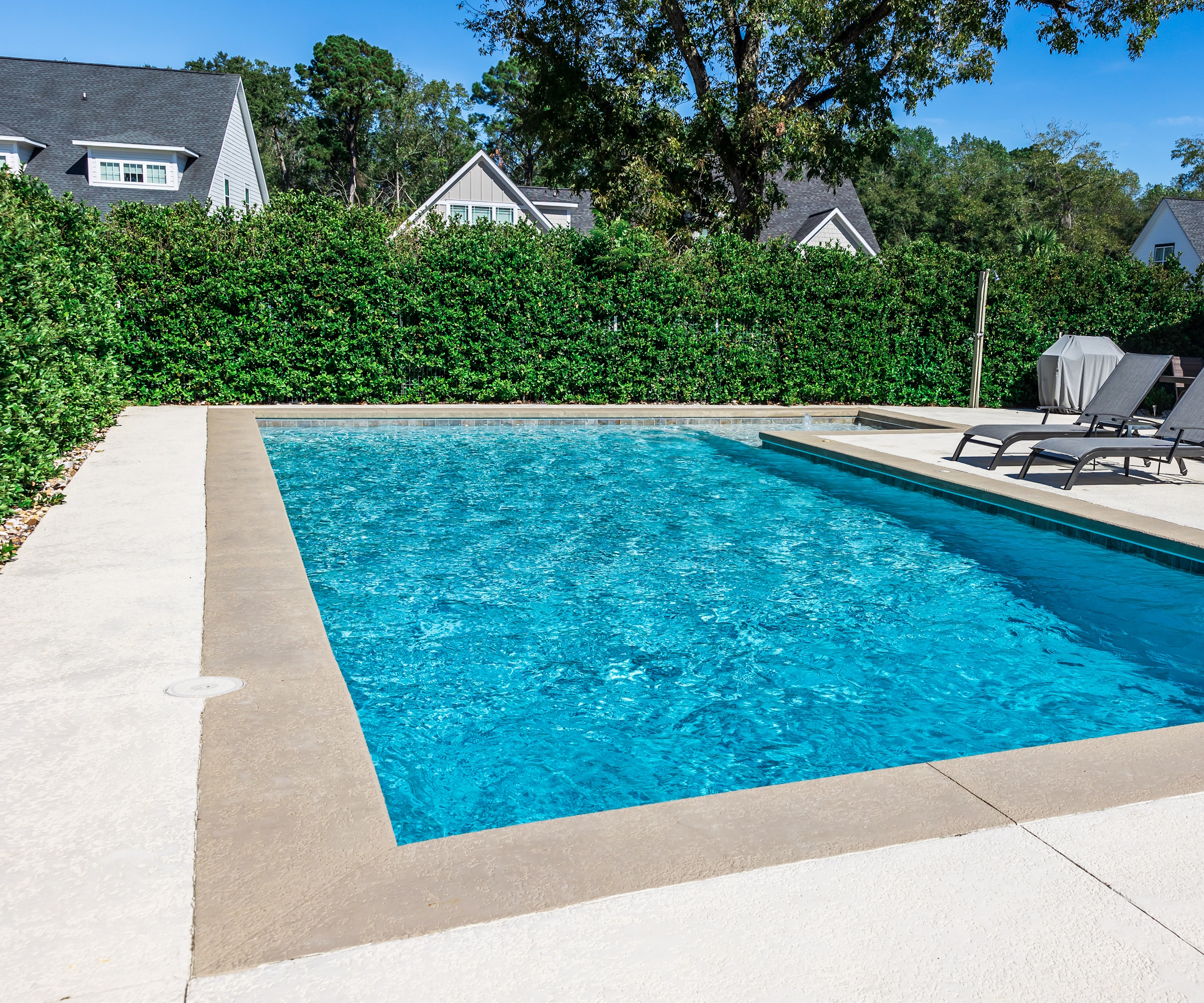
Because prices are so high, it's wise to wonder if there is any way to save a little money. By far the best way is to be diligent about pool maintenance. A well-maintained pool needs a little chlorine every so often rather than a lot of chlorine once a week.
Pool expert John Uhle told me that 'Pool owners who maintain proper water balance have to use chlorine shock less often. Since chlorine shock is used for sanitizing the pool water, keeping pH and alkalinity levels within the norm reduces the need for chlorine shock.'
John also suggests that 'Another way to save money on chlorine and shock is to install a salt chlorine generator. Salt chlorine generators produce chlorine from salt, which is much cheaper to buy than chlorine and other chemicals and, in addition to this, salt doesn’t get depleted and is continually recycled, further reducing its cost.'
However, this comes with the significant caveat that salt chlorine generators are very expensive. For example, this Hayward W3AQ-TROL-RJ AquaTrol Salt Chlorination System on Amazon is nearly $1000. What's more, some pools can't be converted to salt pools.
Is bromine cheaper than chlorine?
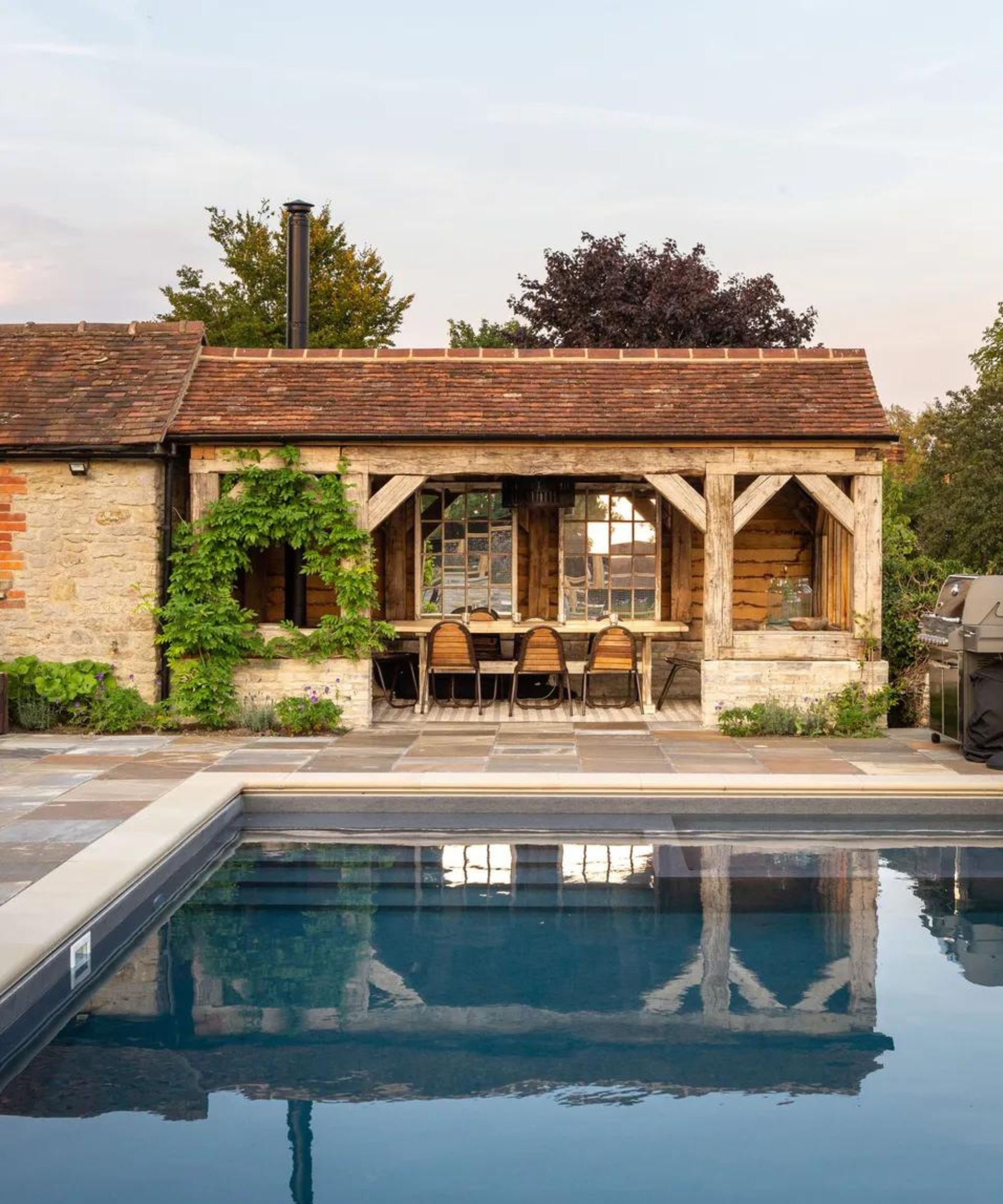
Given that chlorine is so expensive, it's smart to wonder if you should turn to a different chemical entirely. Bromine is commonly used in hot tub pools and is a little kinder to the skin than chlorine, so it seems like a smart choice.
However, Rafi Friedman told me that 'chlorine is still the most affordable pool shock chemical. It's cheaper and more efficient than bromine.' More specifically, John Uhle says that 'Bromine requires a larger quantity to achieve the same sanitizing effect as chlorine, further increasing the overall cost.'
Pool FAQs
How many days can a pool go without chlorine?
This depends on how often you use your pool and the weather. With no one swimming in it, a pool can last at least week on chlorine tablets. However, if you have a big pool party, or regularly swim, you can only get a couple of days use before you need to chlorinate your pool again. Storms can also affect the pH of a pool, so it's best to chlorinate your pool after heavy rain.
For more help with pool shock, check out our coverage of how often to shock a pool or the difference between pool shock, chlorine, and bleach.
Sign up to the Homes & Gardens newsletter
Design expertise in your inbox – from inspiring decorating ideas and beautiful celebrity homes to practical gardening advice and shopping round-ups.

As a gardens and lifestyle contributor, Alex makes sure readers find the right information to help them make the best purchase. Alex got his start in reviewing at the iconic Good Housekeeping Institute, testing a wide range of household products and appliances. He then moved to BBC Gardeners’ World Magazine, assessing gardening tools, machinery, and wildlife products.
-
 These are the 6 must-have colors to decorate with in April 2025
These are the 6 must-have colors to decorate with in April 2025What do retro-inspired yellows and beautiful blues all have in common? They're on our hot list for the season ahead
By Sophia Pouget de St Victor Published
-
 Plants never to grow next to fruit trees
Plants never to grow next to fruit treesExpert advice on which plants to keep away from fruit trees to encourage a healthy harvest
By Jacky Parker Published